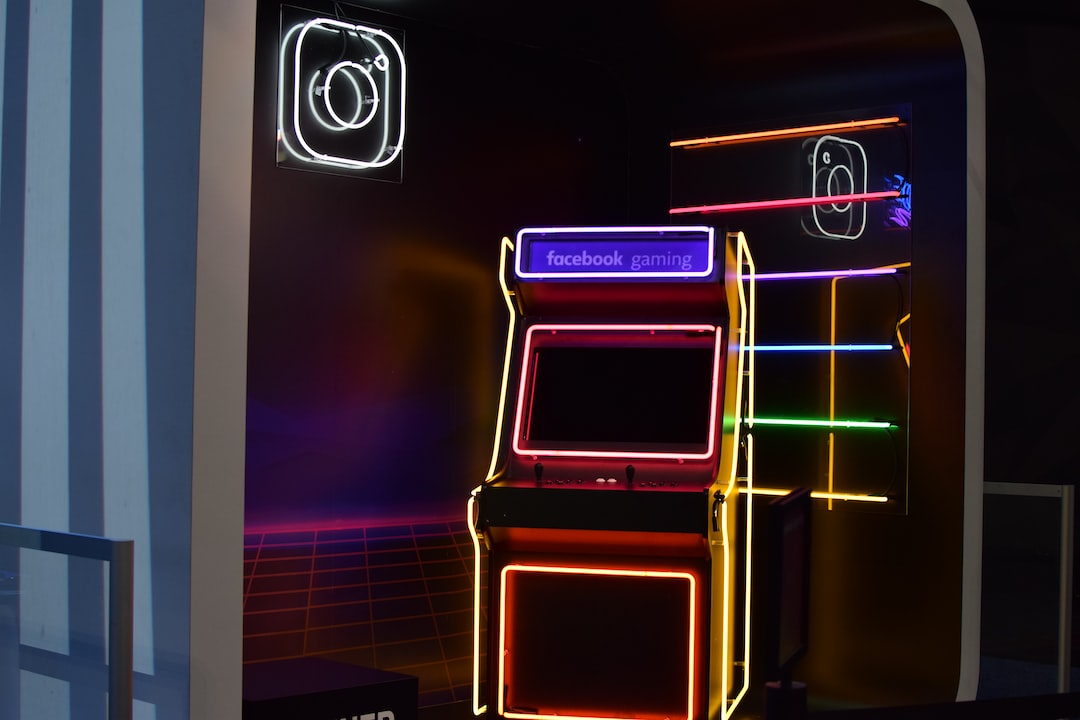The Impact of Social Media on the Music Industry
Over the past decade, social media has revolutionized the way we interact with one another, discover new content, and even promote ourselves and our craft. The music industry is no exception to this revolution. With the rise of platforms like Facebook, Twitter, Instagram, and YouTube, musicians and music fans alike have experienced a significant shift in how they consume and promote music. In this blog post, we will explore the profound impact that social media has had on the music industry.
One of the most remarkable changes brought by social media to the music industry is the democratization of music promotion. In the past, aspiring musicians relied heavily on labels and other traditional gatekeepers to gain exposure and make a name for themselves. Today, social media platforms allow artists to connect directly with fans and build their own fan base without these intermediaries. Artists can use platforms like Instagram and Twitter to share snippets of their work, create anticipation for upcoming releases, and engage directly with their audience. This has created an environment where artists can find success independently, even without the backing of a major label.
Another significant impact of social media on the music industry is the way it has transformed music discovery. In the past, radio and music television channels were the primary sources for discovering new artists and songs. However, with the advent of platforms like YouTube and Spotify, users can now discover music based on their own interests and preferences. Artists can upload their music videos or songs directly to YouTube, allowing anyone in the world to discover and share their work. Playlists on platforms like Spotify have also become a popular way for users to discover new music, with algorithms recommending songs based on the user’s listening habits. This democratization of discovery has made it easier for independent artists to gain exposure, and it has allowed music lovers to explore a more diverse range of genres and artists.
Social media has also had a profound impact on the way artists engage with their fans. Previously, artists relied on album releases, interviews, and live performances to connect with their audience. Today, social media allows artists to establish a more personal and intimate connection with their fans on a daily basis. Artists can share their experiences, behind-the-scenes footage, and personal insights, making their fans feel like they are a part of their journey. This level of engagement not only helps artists foster a dedicated fan base but also gives fans a sense of ownership and loyalty to the artists they follow.
Beyond promotion and engagement, social media has also become a significant revenue stream for musicians. In the past, artists relied heavily on physical album sales and live performances for income. With the rise of streaming platforms like Spotify and Apple Music, however, artists can now monetize their music through online streaming services. While the pay-per-stream model initially faced backlash for its low royalty rates, artists can now use social media platforms to drive traffic to these streaming services, increasing their exposure and potential revenue. Additionally, social media allows artists to directly monetize their content through sponsorships, brand partnerships, and merchandise sales, further diversifying their income streams.
The impact of social media on the music industry is undeniable. It has shifted the power dynamics between artists and labels, democratized music promotion and discovery, enhanced artist-fan engagement, and created new revenue streams for musicians. However, it is important to acknowledge that social media also comes with its own set of challenges. The abundance of content and the constant demand for attention can make it difficult for artists to stand out, and the algorithms that govern these platforms can sometimes limit the reach of their content. Nevertheless, the overall impact of social media on the music industry has been overwhelmingly positive, allowing artists to have greater control over their careers and fans to have a more personalized music experience.

